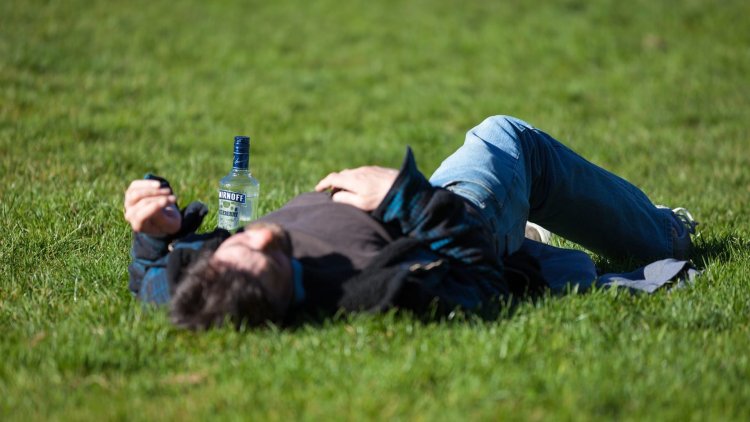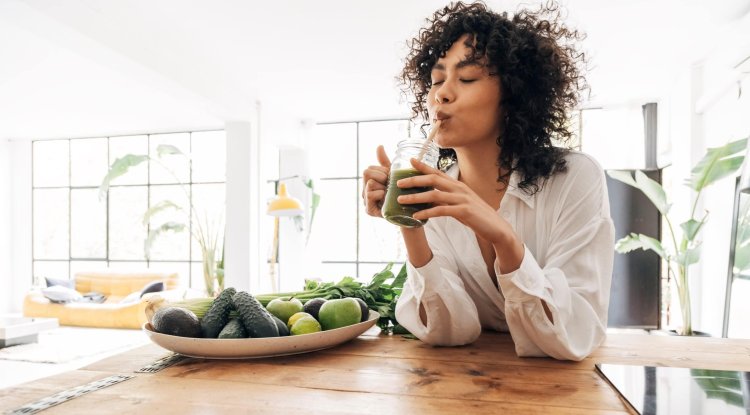Hangover cure tips we all need!

The combination of holiday dining, alcohol, and lack of sleep often makes us feel pretty bad the next day, so doctors advise how we can avoid or at least ease a hangover after a jolly evening.
Studies have identified three most common factors that affect the appearance and severity of hangovers - Arizona family physician Dr. Evelyn Darius told Yahoo, and the first, she says, is the time we started drinking; Namely, the sooner we start, the more likely it is for a hangover the next day...
Another factor, she explains, is the choice of drink, because research shows that dark-colored drinks have more toxic chemicals that can exacerbate a hangover.
"Dark-colored drinks such as brandy, wine, tequila, and whisky have higher concentrations of congeners, while bright drinks such as vodka, gin, and rum have less, so they will cause a hangover less frequently," Darius says, adding that the third factor for hangovers is our metabolism.
"The appearance of a hangover depends on the speed of alcohol converting to acetaldehyde; The faster the process, the lower the chance of a hangover," she added. And to avoid it as best as possible, One Medical Clinic medical director and physician Dr. Natasha Bajan says the key preparations and moderation are our best chances–and recommends the following approach: drink plenty of water on the day when you drink alcohol and the day before and get some sleep and avoid drinking too much alcohol. Everyone has a different hangover type.
Avoid drinking on an empty stomach
"Although experts agree that there is no magic pill that can completely eliminate it, hangovers can be alleviated, and the process of 'healing' of the organism can be accelerated," argues doctor and author Linda Shiue, who finds that some studies have found that a diet rich in a greater amount of B vitamins (especially B3) and zinc, can significantly reduce hangovers.
"Sleep, hydration, and taking anti-inflammatory drugs such as aspirin or ibuprofen also help, and symptoms can be alleviated by a cup of ginger tea or a carbohydrate-rich meal," Shiue said. Likewise, she adds, drinks with electrolytes and a little sugar can help us recover faster than with the water itself, as the body needs to recoup levels of electrolytes and sugar that alcohol can reduce, and if you feel nauseous, Shiue advises 'light' foods such as banana, rice, apple, and toast.
"Unpleasant symptoms can be alleviated by antacids sold without a prescription, as well as caffeinated beverages such as coffee and tea that are stimuli, so they can counteract weakness and fatigue," she was quoted saying.
As for our advice what we’ve come to know as best remedies are sports drinks that are filled with electrolytes, as well as the good old warm soup. Coffee, of course, works for some, however, in most cases, as it is caffeine, it will only add to dehydration that you’re already experiencing.
So what should you do in end?
We believe that most of us are familiar with the feeling of coming home after you’ve had a bit much to drink. You get home, stumbling through your house or flat, just trying to get to bed. But the most important thing is to drink a glass or two of water before you fall asleep. It will help you tremendously the morning after. And when you do lie down, if you got the spins, just try putting your hand and leg on the floor and it will help ground you and fall asleep easier.




























